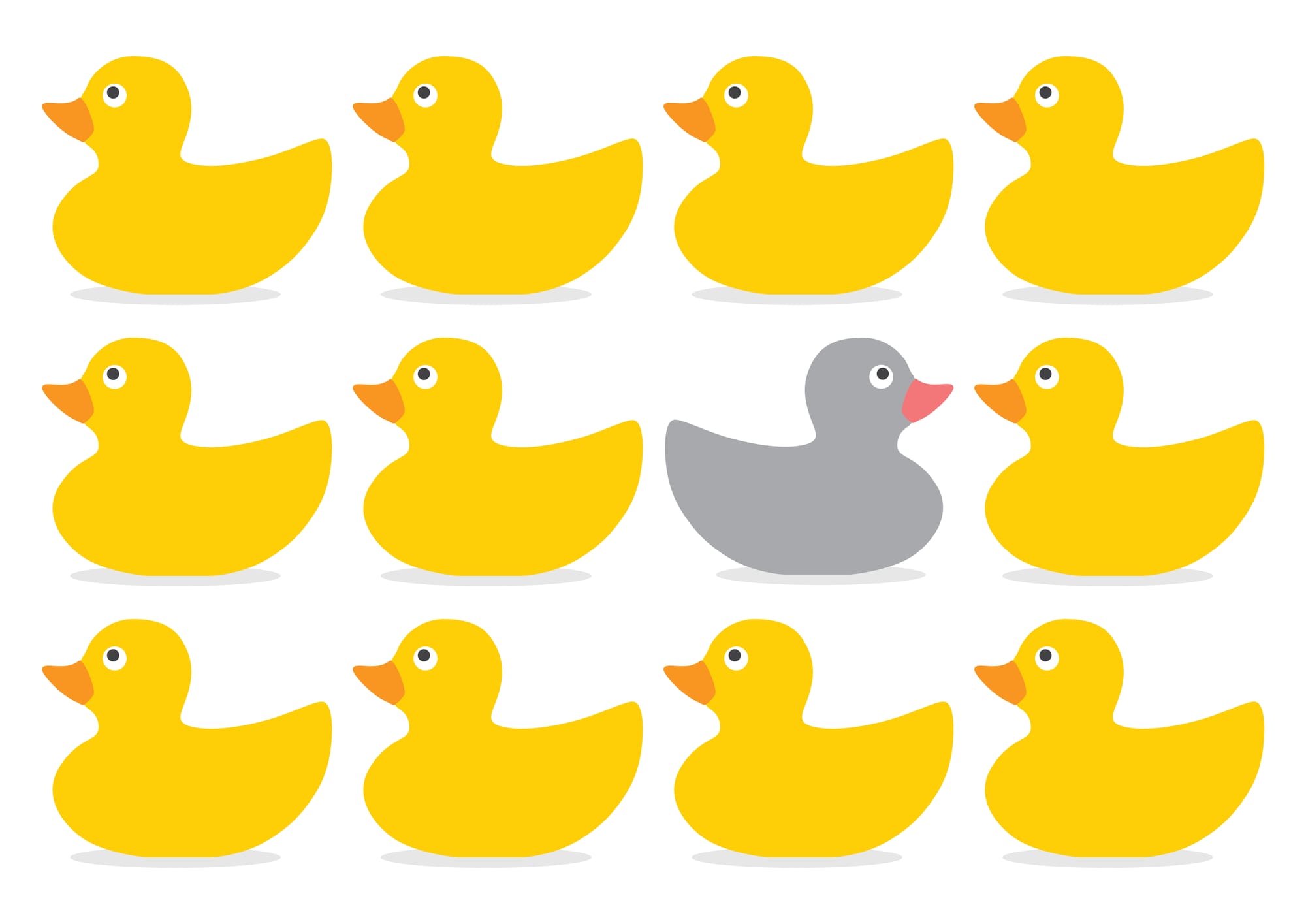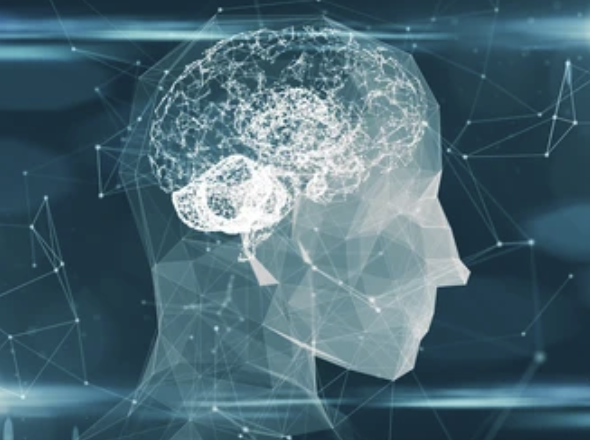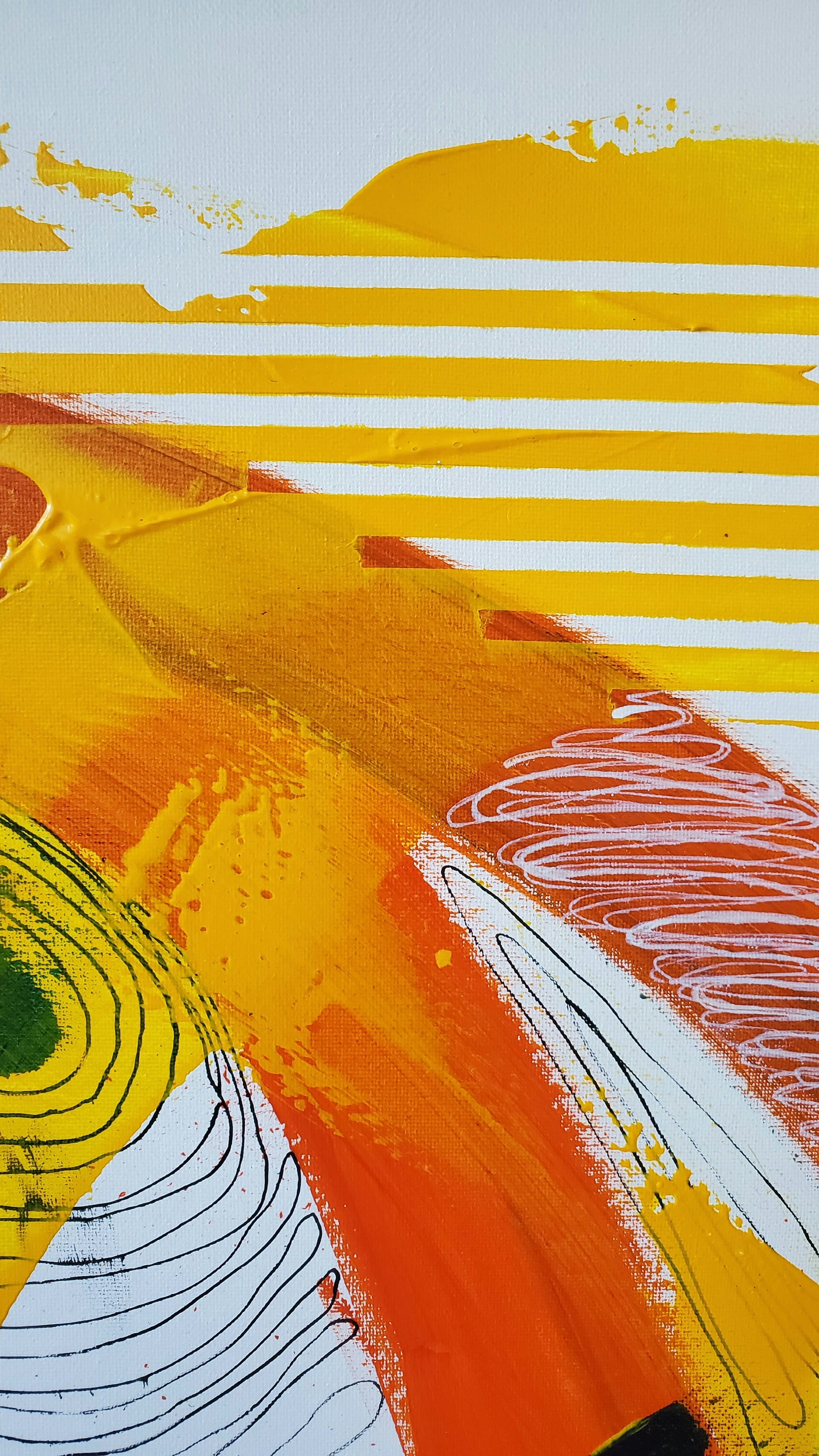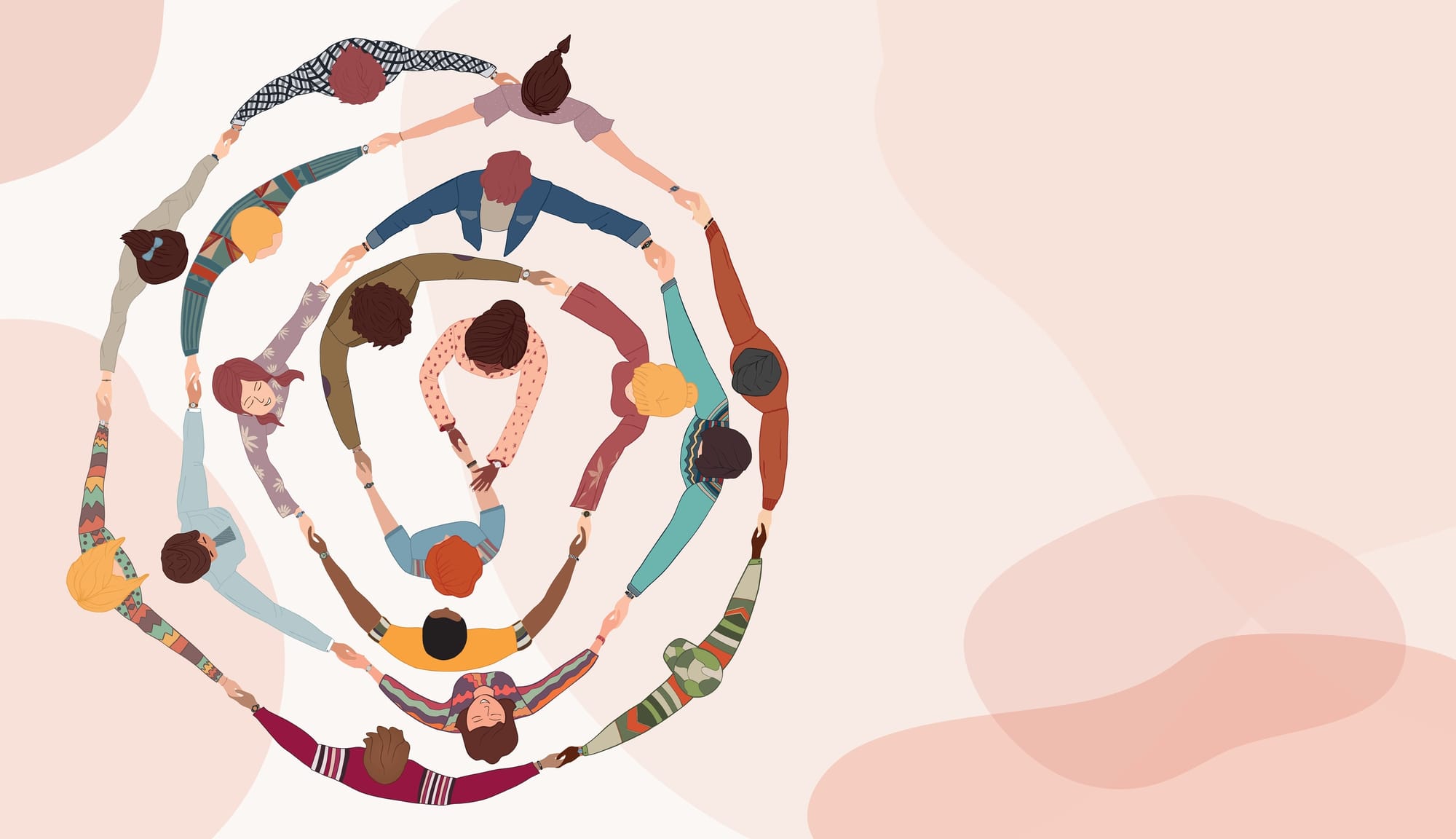
Magic circle!
Loneliness and mental health: Intergenerational connection the missing link.
Mental health is often framed as a crisis affecting the young. We talk about youth depression, anxiety, and the devastating rates of suicide among teenagers. While these are crucial discussions, they overshadow a quieter but equally pressing issue: the mental wellbeing of older generations.
When I founded Make Give Live, a social enterprise bringing people together to knit for a cause, I didn’t set out to address intergenerational mental health. But that’s exactly what happened. Groups of all ages—mostly retirees but also younger adults—come together weekly in cafés, libraries, and community spaces across New Zealand to knit beanies that we sell on a buy-one-give-one model. For every beanie purchased, one is donated to a New Zealander in need. But the real magic isn’t in the knitting; it’s in the human connection.
The isolation epidemic
Loneliness is lethal. Studies show that chronic loneliness can increase the risk of premature death by up to 30%, making it as dangerous as smoking 15 cigarettes a day. It contributes to depression, anxiety, and cognitive decline, yet it remains a largely invisible crisis, particularly among older adults. Society has become hyper-individualistic.
We segregate people by age: children go to daycare, the older generation to rest homes, and working adults navigate their own busy schedules, rarely pausing to engage with those outside their immediate peer group.
We have lost the communal wisdom of previous generations—the understanding that we thrive when we are connected.
The digital disconnection illusion
Social media and messaging apps give the illusion of social engagement, but they lack the depth and warmth of face-to-face interactions. Older generations, who largely rely on in-person relationships, offer something profoundly needed in this era—slow, meaningful conversation.
When young people engage with older adults, something shifts. They step out of their digital bubbles and into genuine, unhurried human connection. Older generations, in turn, feel valued and purposeful.
Bridging the generational divide
Make Give Live has inadvertently created an antidote to social isolation. Our members don’t just knit; they share stories, life advice, and laughter. Migrants who have moved far from their families find a new sense of belonging.
Mother-daughter pairs come together, using the group as a rare space to truly connect. Introverts, who struggle with social settings, find solace in a structured, pressure-free environment where they can engage at their own pace.
These interactions have tangible benefits. Studies show that intergenerational relationships reduce depression and anxiety in both older and younger people.
They foster empathy, communication skills, and a sense of purpose. Young people gain wisdom from those who have lived through history, and older adults, often overlooked, feel seen and valued.
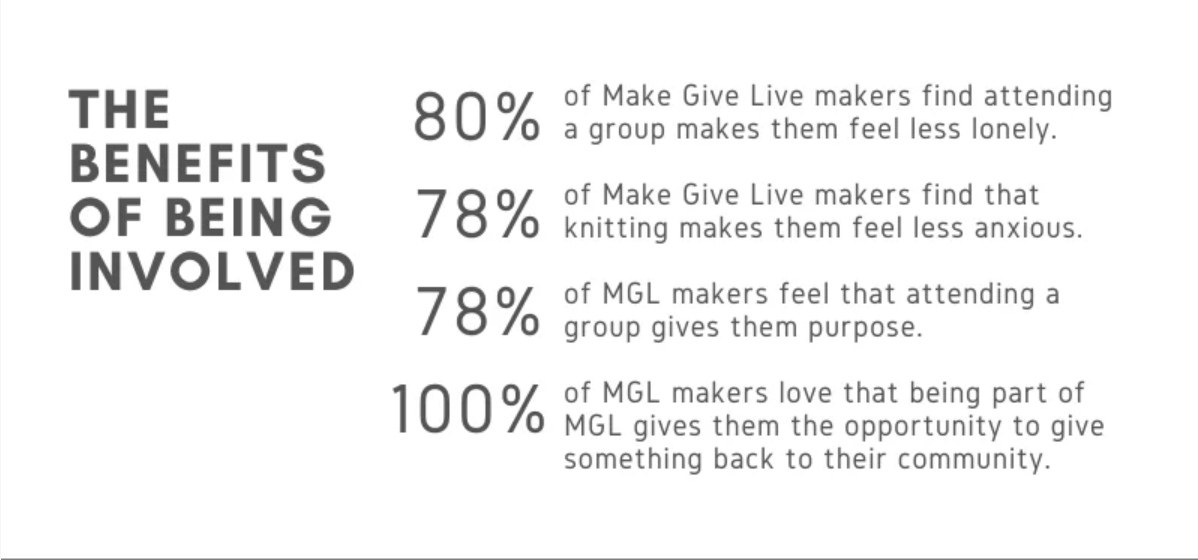
My call to action
We are offering a way to rediscover what was once instinctive in communities—mental health thrives when generations connect. It’s not just about therapy or medication; it’s about fostering environments where people can connect meaningfully across generations.
1.We must create more spaces We need a space in Central Auckland to call home.Do you have spare space or know of an organisation that might? We need a place to hold stock and send orders out from, that ideally has space for a big table for meetings and hosting making groups, and in our dream version has a little store front that we could sell product from.Can we warm your space and culture and maybe even host luck time groups for your staff to connect, craft and give back?
2.We’re looking for Good humans with great skills who believe in our Mahi and want to make a difference with us.We are building a new team in a flat structure and looking for skills in digital strategy, online marketing, CEO, operations.Ideally people with a few hours a week to contribute to building a sustainable organisation, for profit, for purpose (not for shareholders) in a slicing pie method where contributions are measured and remunerated as we are able.
3.Can you step up as a Trustee for our Charitable trust with financial management skills and or grant application skills.
So, I ask: What if the solution to our growing mental health crisis isn’t more digital interventions, but something far simpler? What if the answer has been in front of us all along, in the wisdom of older generations and the energy of the young, waiting to be reconnected?
